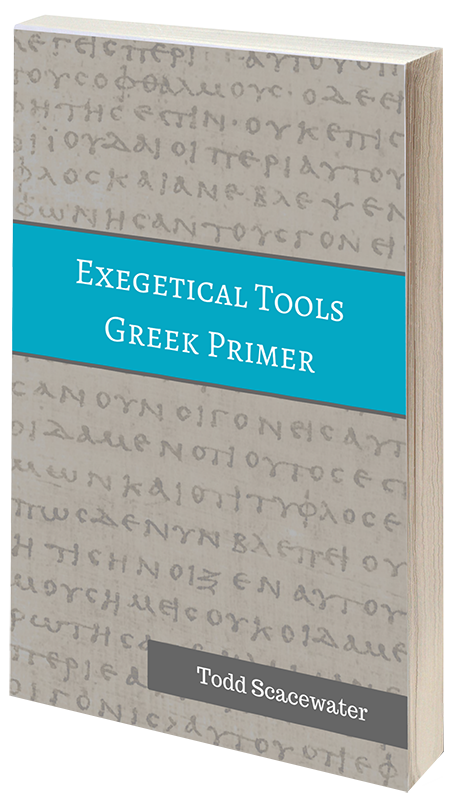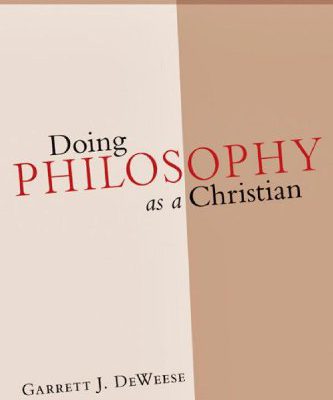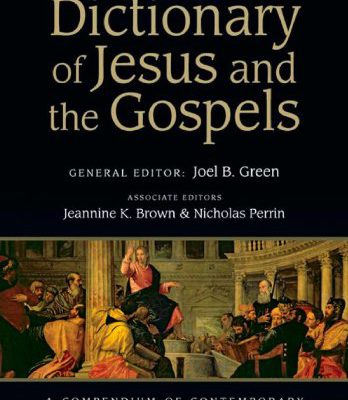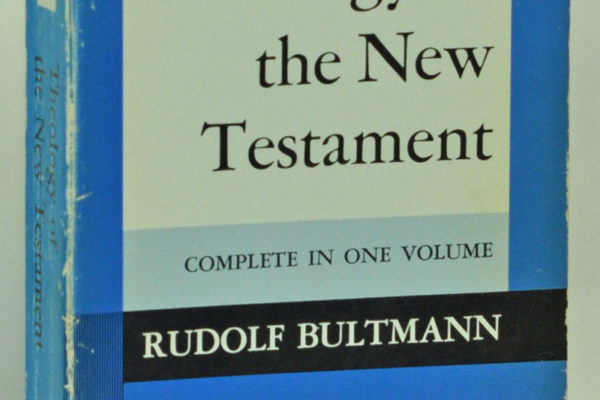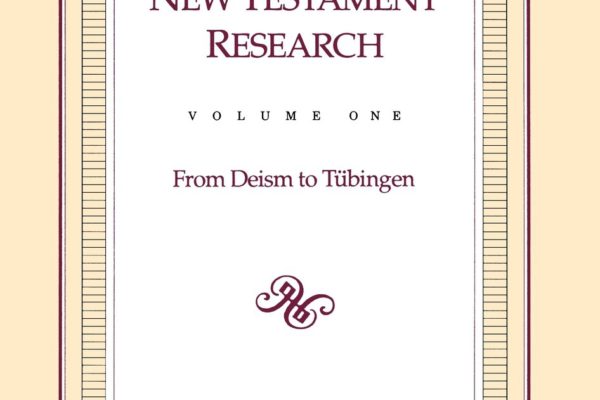Doing Philosophy as a Christian, by Garrett DeWeese
If you are a Christian academic, pastor, or scholar, and you have always felt intimidated or daunted by philosophy (or the prospect of learning philosophy), look no further. Garrett DeWeese had you in mind. This is not a history of philosophy (on which, see W. T. Jones’ History of Philosophy), but an overview of the various realms within philosophy. Anyone wishing to become acquainted with philosophy must become acquainted with at least the main areas of metaphysics (the nature of reality), epistemology (the nature of knowledge), and ethics. One could do this by surveying histories of philosophy to see how each branch developed diachronically, but one would be better served to get the philosophical categories in mind before trodding through Plato’s dialogues….

